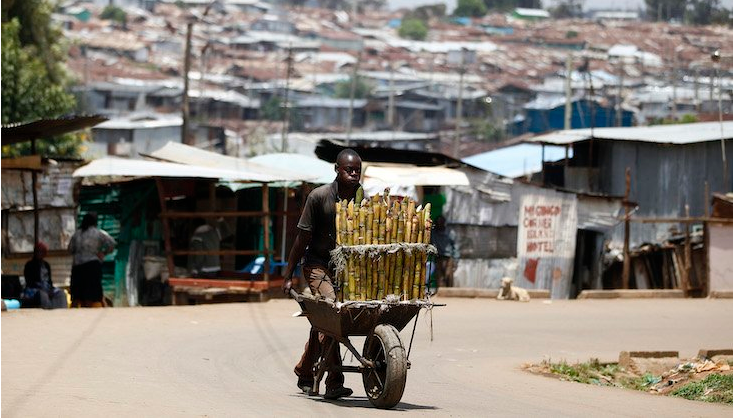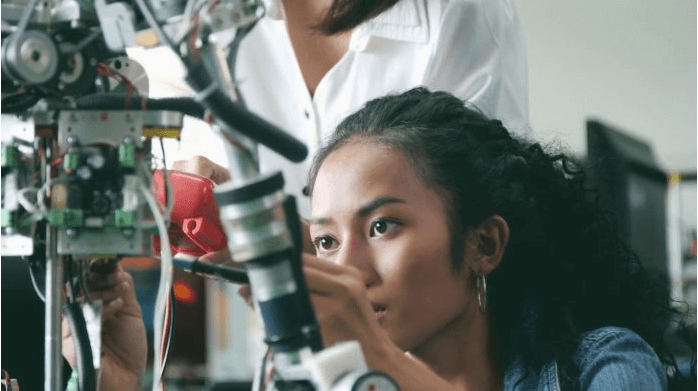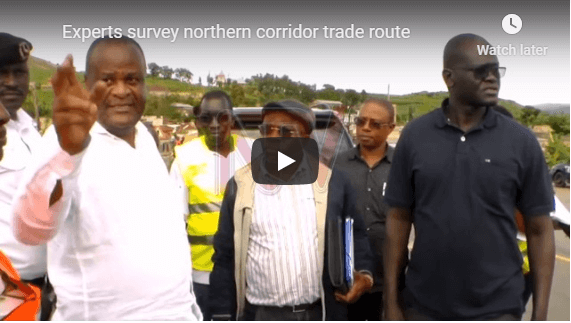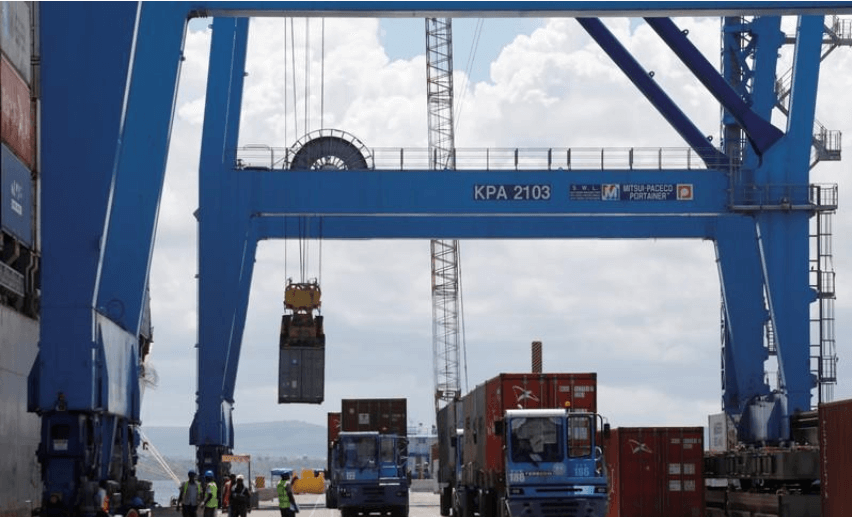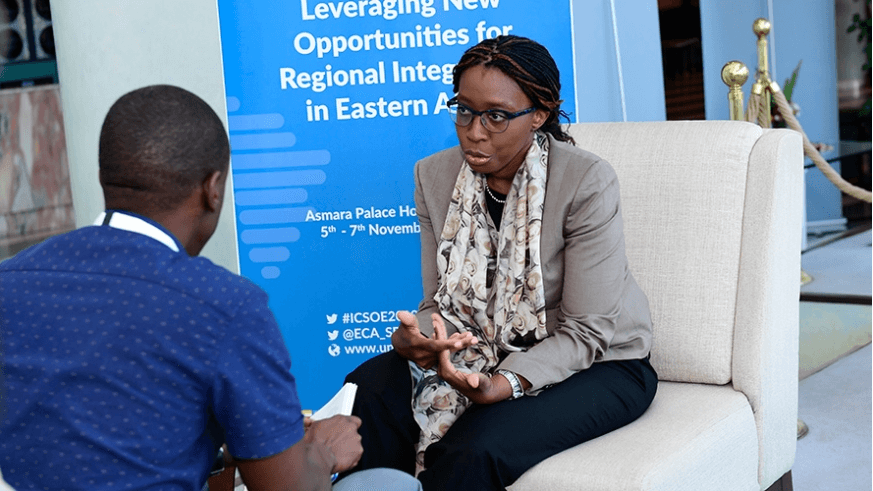Damali Ssali. There are several factors that influence the value and volume of trade. However, tariffs on tradeable goods and services are one of the most significant factors. International trade grew dramatically in the second half of the 20th century. As an example, total global trade in 2000 was 22 times greater than it had been 1950. This increase in multilateral international trade occurred when trade barriers, especially tariffs, were significantly reduced or in some cases eliminated across large trade blocks in Asia, America and Europe. Tariffs are taxes levied on imports and exports between states with the aim of generating government revenues and protecting domestic industries. Sometimes, depending on the tax policy of the country, a tariff could be set as high as 60%. This is usually to protect a young industry that is considered as very important to that state. Other times tariffs are imposed by states, against products and services of another state, to settle scores. The current trade war currently going on between the United States and China is one such tariff war waged between states. In 2017, the United Nations Conference on Trade and Development reported that tariffs, on tradeable goods and services, between the developed states averaged at 1.2%. This is low compared to the average tariffs, on tradeable goods and services, between African countries, which stand at 8%. Moreover, tariffs remain relatively high in important sectors, including agriculture, apparel, textiles and leather products. Unfortunately, these high tariffs make it easier for African countries to...
Reduction in tariffs is key to stronger intra-Africa trade.
Posted on: November 13, 2019
Posted on: November 13, 2019


